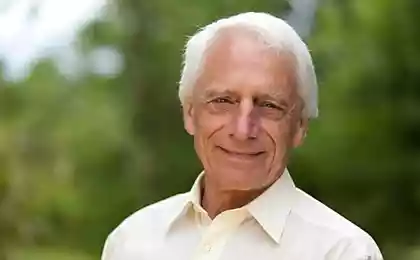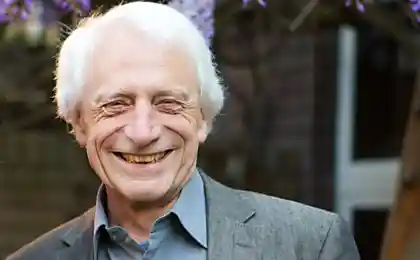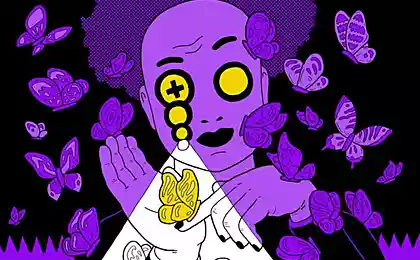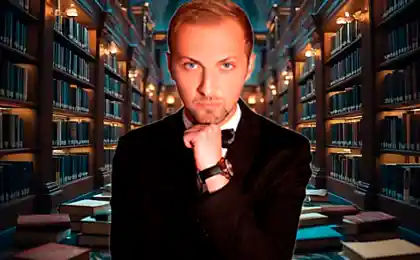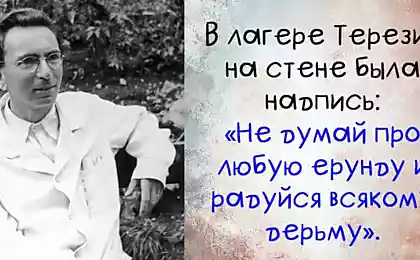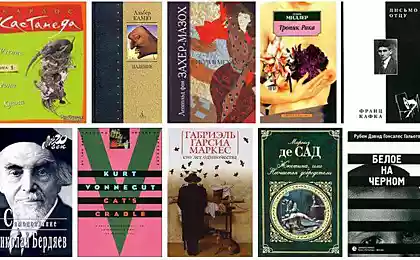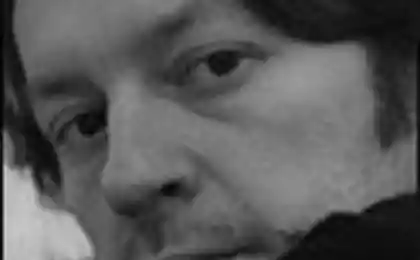498
9 existential books, turning the mind

1. Albert Camus — Comav novel-parable "the Plague" in the fictional author of the city comes to a terrible disease — the plague. But the city fathers, hiding from the people the truth, make all the inhabitants prisoners of the epidemic. Any preconception that the reader easily detects the similarity of the situation in the novel with the tragic events in France during the fascist occupation. 2. Jean-Paul Sartre — existentialism is humanizing "existentialism is a humanism" was first published in France in 1946 and since then reprinted several times. It introduces the reader in a popular form the main provisions of the philosophy of existentialism and, in particular, with the philosophy of Sartre. 3. Viktor Frankl — Man's search Smyslov the collection includes works of the author, which highlights the issues important to each: the meaning of life and death, love and suffering, freedom and responsibility, humanism and religion, etc. much attention in the book devoted to issues of psychotherapy. 4. Simone de Beauvoir — Pretty pictures"Pretty pictures" is a confession of the writer. The heroine of the story — a young woman. Work in an advertising Agency taught her to imagine life as a series of pictures from magazines: comfortable house, educated children, a husband, a fashionable architect, a lover — all in advertising. But what lurks behind these prosperous cliche? Is there a place to alive feelings?"I've always had the urge to talk about yourself... the First question I had always was: what it means to be a woman? I thought I was immediately going to answer it. But it was necessary to look closely at this issue, and I realized first of all that this world is made for men..." — so wrote about himself Simone de Beauvoir, a classic of feminist literature, women's and whose creative life was flowing alongside the great Jean-Paul Sartre, but not in the shadow of Sartre. 5. Irvin Yalom — Staring into the sun. Life without fear smartit book — the book of the famous American psychotherapist and writer Irving aloma. The question raised in this book, sharp and painful, it is rarely brought to open discussion. But the fear of death in one form or another all men have, it's just that usually we try to throw out thoughts about the finiteness of our life from the head, not to think, not to remember that.Now you have in your hands a very effective tool against fear of death. This book teaches to understand and accept the conditions of human existence and to enjoy every minute of your life. When the seriousness of the topic, the book captures and captivates thanks to the skill of a great storyteller — Dr. Irwin aloma. 6. Alberto Moravia — Sukatno of the most famous works of European existentialism, which literary critics have rightly compared with "Outsiders" albert Camus. Boredom erodes the lyric hero of the famous novel by Moravia from the inside, deprives him of the will to action and to life, the ability to seriously love or hate — but it also simultaneously removes him from the chaos of the surrounding world, helping to avoid many mistakes and illusions. The author does not impose us to the character, offering himself to draw conclusions from the reading. However, moral rights "diversity" with other writer for your hero doesn't notice. 7. Rainer Maria Rilke — Notes Malta laurids of Bryggerier Maria Rilke is one of the largest poets of the XX century, was born in Prague, where he spent his childhood and youth, lived in Berlin, Paris, and Switzerland. The basis of their life perception and experience, R. M., called Russian culture. He twice visited Russia, was acquainted with Leo Tolstoy and Repin, corresponded with Boris Pasternak and Marina Tsvetaeva. World renown poet brought his collectors `Book of images`, `book of hours`, `New poems` and others. However, poetry and prose on equal competed in the works of Rilke. `Notes of Malta Laurids brigg`, included in this book are his most significant prose work. In this quirky novel-stained glass, describing the `daily terror` of everyday life, Rilke more than thirty years anticipated art opening literature of existentialism. 8. Ronald Laing — the Divided "I"the Author is a professional psychiatrist who followed the courses of traditional psychotherapy, is, perhaps, the most rebellious figure in contemporary British psychology. It not only encourages "learning from the schizophrenic" who becomes in his understanding of the "conductor" in other States of consciousness, closed for a "human life" — but also one of the world's first "alternative clinics" for psychotic patients, where it is making serious progress in their recovery. In the "Split "I," he makes an attempt not just to present their views on psychiatry, but to enable the reader to feel the inner world of the schizophrenic, paradoxical and logical at the same time. 9. Philip K. dick — the Clouding"They just wanted to have fun, like children playing on the roadway. One by one they oppressed, maimed, killed — in front of everyone, but they continued to play." Terrible book.Great book.Magic realism? Hippie dystopia? Postmodern autobiography? Just — "the Clouding"... published
Source: brainstorm-blog.ru



